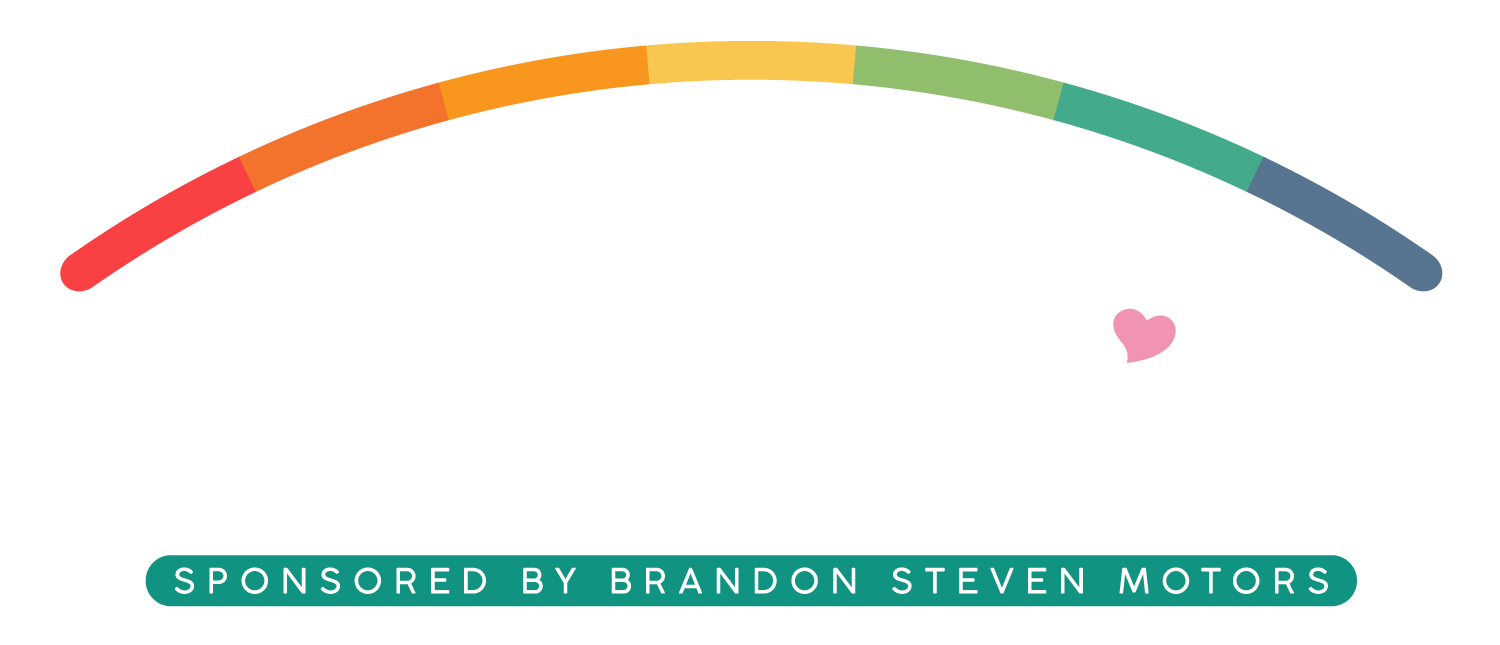
FAQ
Frequently asked questions for families interested in adoption or foster care.
+ Do I have to be married to adopt or foster?
Nope! Many adoptive and foster parents are single or in an unmarried partnership. Your sexual orientation has no restriction on your ability to adopt or foster.
+ Do I have to be a homeowner to adopt or foster?
No. You may live in a house, an apartment, or mobile home. Your home will have to be safe, and you’ll need to have enough room for every member of your family.
+ Do I have to make a lot of money?
No. In fact, most adoptive parents have very modest incomes. Furthermore, subsidy programs may be available to assist you with the costs of caring for the child you adopt. Financial aid programs such as medical cards, tax credits, grants, and other support payments may also apply.
+ How many children can I care for at once?
Kansas law states that any licensed home can have 5 total children living withing the home. This applies to biological children as well. For example, if you ahve 2 biological children in your home, you can only be licensed to care for 3 foster/adoptive children.
The number of bedrooms and gender/age configurations also comes into play with determining how many children your home can be licensed for. Example: a 2 bedroom home with 1 biological 3 year old boy, would typically only be licensed for 1-2 children any gender under the age of 5 with the assumption that these kids can share a room.
+ Who are the children available for adoption?
Most children are age eight and older. The children come from a variety of ethnic and socio-economic backgrounds. They are all in foster care after being removed from their home because of abuse and/or neglect. Parental rights have been terminated and it has been determined that they will be unable to return to their parents. Many of these children are hopeful for a family who will adopt them with their siblings. Most of these children have special needs.
+ What does "special needs" mean?
Special needs include:
- learning difficulties
- developmental delays
- physical limitations or disabilities
- emotional or behavioral challenges
- difficulties adjusting
Each child’s special needs are unique and may range from mild to severe. “Special needs” also includes being a member of a large sibling group or being age 12 and older.
+ How much does it cost to adopt?
This depends on the agency with which you choose to work. In most cases adoptions from foster care have minimal costs to the family. Be sure to ask your agency what types of costs you can expect.
+ Can I adopt a child I foster?
That depends on the permanancy plan for the child in care. The first and only goal of foster care is reunification (to reunite the child to their bio family). However, when that is not the safest option for the child, the case plan then changes to find that child permanency through next of kin, extreme family finding, current foster parents, and then active adoption recruitment. It is possible, but starting a journey in foster care with the sole hope to adopt is not the point of fostering.
+ Is training provided?
Yes. A 30-hour Trauma Informed Partnering For Safety And Permanence – Model Approach To Partnerships In Parenting (TIPS-MAPP) class is required. This class will help you decide if adoption is right for your family. It will help prepare you as an adoptive parent. There is no charge for the TIPS-MAPP course, which is offered throughout the year. To locate a class near you, go to [www.childally.org]. Additional training opportunities are available to prepare you for a child being placed in your home. Finally, the social worker will provide you with information and resources to ensure your success as an adoptive parent.
+ What Factors are considered in selecting a family for a child?
The most important consideration is the family’s ability to meet the needs of the child. Other factors that affect decisions include the child’s stated preferences (for example, the desire to have siblings; area of the state they wish to live in) and the family’s ability to facilitate special circumstances (for example, desire to stay in touch with certain relatives, such as grandparents or older siblings). This process is called a Best Interest Staffing meeting, or BIS.
+ What is a home study?
A home study (sometimes referred to as a family profile or family assessment) is a written document about your family. This document is prepared by your family caseworker. The home study includes information about your family and the types of children you will be able to parent. Home studies are provided to child caseworkers for consideration. This ensures the child’s caseworker knows your family has been approved to adopt.
+ What's the difference between a family caseworker and a child caseworker?
The family caseworker helps a family complete the adoption and/or foster care approval process. The family caseworker assists in identifying children who might be a good fit with your family. The child caseworker is responsible for ensuring the day-to-day needs of the child are being met. This includes living in a safe, appropriate environment; having access to any needed services; and finding families for the children. When your family is selected to be an adoptive resource, your family caseworker will coordinate the transition of the child into your home.
+ How long does adoption take?
There are no set timeframes for adoption completion. How quickly you move from initial inquiry to finalization is dependent on a number of factors, including:
- the speed with which your family is able to complete the approval process
- the type of child you wish to have in your home
- the unique circumstances and needs of the child for whom you are selected.
For most families, the preparation and approval process takes four to six months. Depending on your preferences, matching and selection could take from a few months to a year or more. Once a child moves into your home you are in the final stretch. You will be able to finalize the adoption through the court in six to 12 months. This period allows your family and the child a time to adjust with continued support.
+ Why does it take so long?
We understand this can be frustrating. However, the preparation, matching and transition will maximize the likelihood of success for the child and your family. If you have concerns about the length of time it takes to complete certain steps, speak with your family’s caseworker.
+ Will I have help?
Yes! Your family agency will provide post-adoption support and services. You can also access adoptive family supports and information through the Kansas Post Adoption Resource Center at [www.adoptkskids.org/for-families/k-parc

